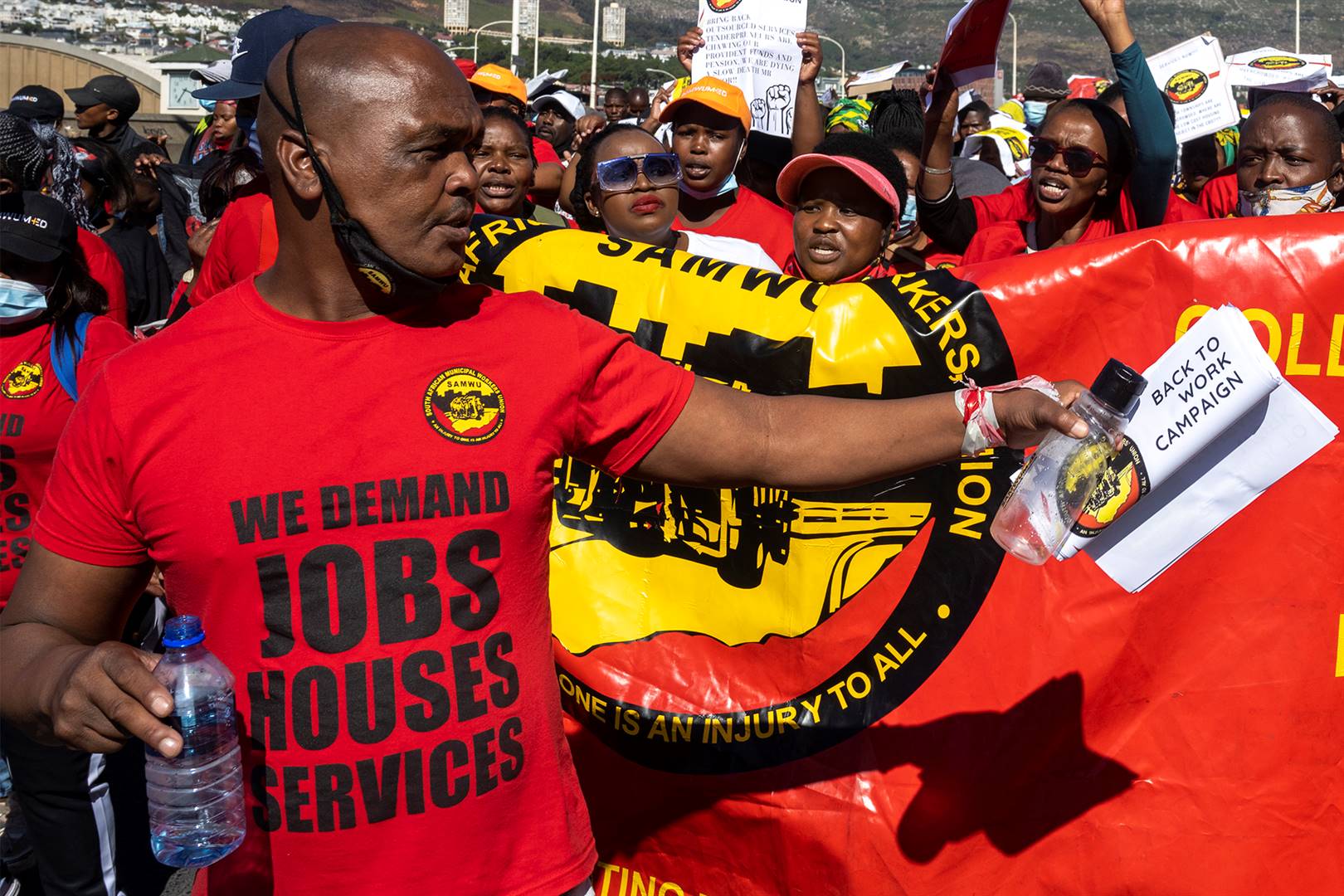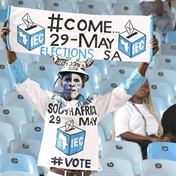
With news of public sector employees demanding above-inflation wage increases and workers at Transnet going on strike this year, the role of government in employment must be reconsidered to determine whether it is beneficial to our society.
South Africa boasts a large public sector. Over 12% of the GDP is directed to the wage bill of the state alone, according to the OECD’s 2020 economic survey of South Africa. This would be welcomed by some if it meant mass state employment. Yet, the National Treasury has explained that wage increases, instead of raw mass employment, are the reason for the high public sector wage bill.
READ: Transnet: Satawu lambasts UNTU, claims it sold out workers
South Africa subscribes to a (misguided) commitment to the government playing a leading role in economic activities, including employment. The ANC government inherited a public sector that was used by the previous regime to ensure employment for the white minority population. The ANC, predictably, sought to do the same, using government employment for the black majority.
READ: Inside Labour | Arrogant, insensitive and hypocritical
The obvious problem is that redistribution is used as a substitute for actual growth and production in the improvement of people’s lives. Redistribution is all government can do, since its operations, which are necessarily funded by taxation, presume production by taxing entities or individuals.
The answer is clear to see when one looks at countries that took the logic of state redistribution to their conclusion and became socialist and/or communist.
The public sector wage bill accounted for over 35.4% of total government expenditure in the fiscal year 2018/2019, according to the Treasury. Public sector wage expenditure has grown faster than any other budgetary category since 2006/07, except for payments for financial assets.
READ: Voices | The private sector is the people’s sector
This increase has coincided with depressed economic growth rates when contrasted with other developing economies, and increasing unemployment, especially among the youth. The youth are the people who are supposed to be the most economically active. Then, there is the personal income tax rate that ranks among the highest in Africa and the world.
The argument that the public sector cannot be the primary vehicle for the improvement of the material conditions of the population is intuitive.
The public sector presumes productive activity happening outside of government, otherwise, it cannot be funded. Therefore, there need to be more people participating in economic activity that generates taxable revenue.
READ: Food - inflation, security and the gathering storm
Those employed by the public service have those in the private sector, generating the taxes that make up their compensation, to thank. From the everyday Sipho who buys an item that has a sales tax (ironically named a value-added tax) to the high-income earning individual who pays over 40% of their income in taxes. These are the people who are the actual bosses of the public service, including the politicians in Cape Town, the bureaucrats in Pretoria, and the judges in Bloemfontein.
READ: Minister Godongwana changes BEE rules for SOEs
What this realisation – of who public sector employees should be grateful for – does, is makes it clear that the golden goose that is the private sector and its participants should not be killed or unduly strained.
Unions like the Public Servants Association of SA, United National Transport Union, and SA Transport and Allied Workers Union should bear in mind that our taxes as the South African public are the reason that they have members. Their demands should be cognisant of our economic context and most importantly, of our right as the South African public to reject their demands should we deem it fit.
READ: It will take longer for employment levels to recover
The Transnet strike seems to indicate that public sector employees are not at all thankful to the productive members of society generating economic activity, and, therefore, tax revenue to pay their wages. The strikers appeared more than willing to tank the economy.
READ: Sars workers take wage dispute to the streets
Instead of a capable state, which is always doublespeak for a bigger, more expensive state, there should be a deliberate effort to grow the private sector. The mentality that government, which is sustained by the private sector, should be the main economic player must perish.
South Africa’s public sector wage bill must come down, government spending must be curtailed, and taxes must be significantly decreased. All this must be done and advocated for, lest we find ourselves hastening our march down the road to serfdom, which we have been on for a while already.
Mthembu BA Law LLB (Wits) is a legal researcher at the Free Market Foundation.




 Publications
Publications
 Partners
Partners









